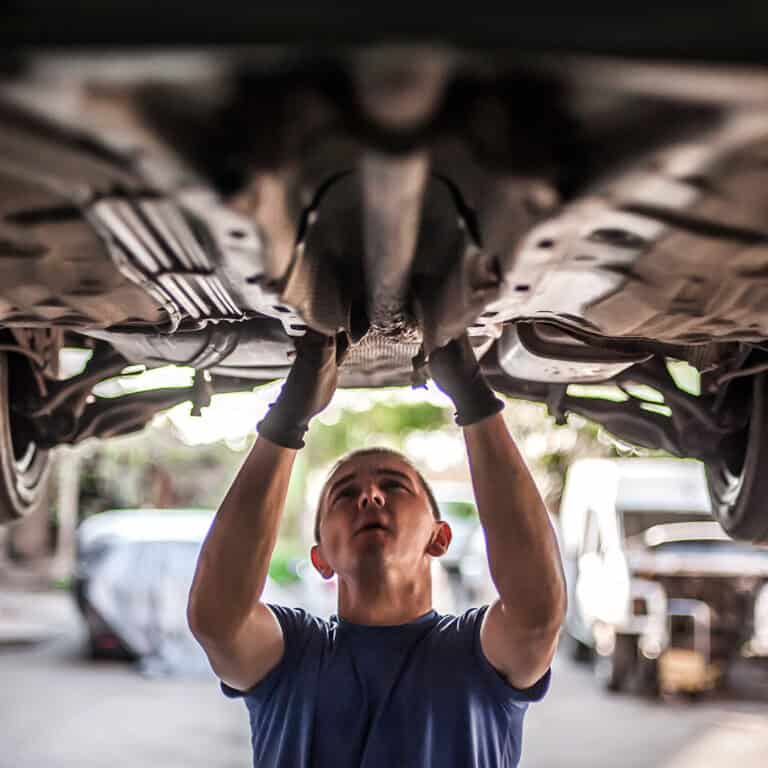50% Tariffs on EU Imports?
Here’s What It Might Mean for Dealership Reconditioning Costs
If you’ve been following industry news, you may have seen talk about possible 50% tariffs on goods imported from the European Union. While nothing is final, such changes could have a direct effect on the dealership world—especially in the reconditioning department.
Reconditioning costs are already one of the biggest challenges in turning used inventory. And for dealerships stocking brands like Audi, BMW, Mercedes-Benz, or Volkswagen, parts can be expensive even before any added import fees. A 50% increase on something like a control arm or headlight assembly could add up quickly.
The good news? This is a great time to review and refine your reconditioning process. Dealerships with strong tracking systems, vendor coordination, and streamlined approval workflows will be better prepared to manage potential cost increases. Moving vehicles efficiently from intake to frontline saves both time and money—often preventing unnecessary parts spend altogether.
If tariffs do go into effect, it might mean getting creative with sourcing or reevaluating certain cosmetic repairs. But as with most industry changes, the dealerships that adapt quickly and tighten operations are often the ones that come out ahead.
In short, while potential tariffs could make some parts pricier, they also present an opportunity to improve processes. And in today’s market, any step toward working smarter is worth taking.
– Dan Anton, Director of iPacket Recon



